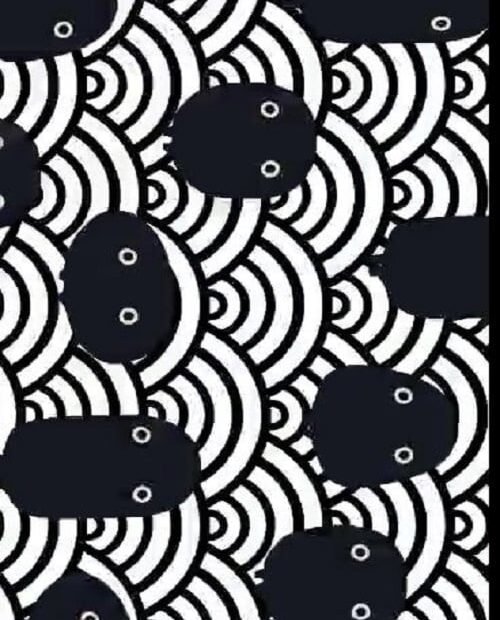Pachinko: A Game of Life, Loss, and Really Awkward Family Reunions
Spoiler Alert: If you haven’t watched Pachinko, you might want to stop reading now. Unless, of course, you enjoy having your heart ripped out and stomped on. In that case, please continue.
Let’s dive into the convoluted yet beautifully tragic world of Pachinko, where the only thing more intricate than the plot is the family tree that would make even the most seasoned genealogist weep.
The story kicks off in the early 20th century with Sunja, a lovely young woman in Korea who has all the luck of a coin flip. She meets the dashing (and married) Koh Hansu, who, instead of a bouquet of flowers, offers her a one-way ticket to heartbreak. Spoiler: he’s not exactly the prince charming she was hoping for. After a very romantic rendezvous that involves lots of tension and a few questionable life choices, she finds out she’s pregnant. Oh joy! But wait, there’s a twist! Instead of keeping up with Hansu, she decides to marry a sickly pastor, Isak, who seems like a great idea at the time. Because who doesn’t love a man who can’t even hold down a job?
Fast forward to Japan, where Sunja’s life goes from bad to worse. Surprise! She’s now a part of a migrant community that treats her like a second-class citizen. The Japanese really know how to throw a party, don’t they? But she’s not just a wallflower; she’s got grit and determination, which is basically the theme of the entire series. Sunja’s life is like a game of Pachinko: you think you’re going to hit the jackpot, but instead, it’s just a series of unfortunate events and a lot of bouncing around.
As the years roll on, we meet Sunja’s descendants, who are living in a world that’s slightly more complicated than assembling IKEA furniture without instructions. Her son, Noa, is the quintessential overachiever who wrestles with his identity while navigating the complexities of being both Korean and Japanese. Spoiler alert: he’s not winning any popularity contests on either side. Noa’s struggles are a delightful reminder that family drama is universal, and boy, do they have a lot of it!
Then there’s Solomon, the grandson who is basically the poster child for “What do I even do with my life?” He’s caught between his family’s legacy and the glitzy world of finance, which is just as morally gray as his family history. Solomon’s journey is like watching a hamster on a wheel—lots of movement, but not really getting anywhere. He tries to make a name for himself in Japan, but spoiler alert: it’s like trying to fit a square peg in a round hole.
As the story progresses, we’re treated to a rich tapestry of themes: love, loss, identity, and the ever-looming shadow of history. Characters come and go faster than you can say “cultural appropriation,” and just when you think you’ve got it all figured out, the series throws in a twist that would make M. Night Shyamalan proud. Because who doesn’t love a good plot twist that leaves you questioning every life decision you’ve ever made?
In the end, Pachinko isn’t just about the game—it’s about the stakes, the bets we place on life, and the inevitable losses that come with it. So, grab your favorite drink, sit back, and prepare for a rollercoaster of emotions. You might just find yourself laughing, crying, and wondering why you didn’t choose a simpler hobby, like birdwatching. Who knew family drama could be so complicated?
In conclusion, if you’re looking for a heartwarming tale of perseverance, love, and a little bit of existential dread, Pachinko has got you covered. Just don’t expect a happy ending—this isn’t a Disney movie, after all!
